Have you ever heard about high school kids moan about having to read poetry? I'm about one step up from that. And by that, I mean I don't moan about it out loud but it's rarely something I have rarely chosen to do since graduating from school. About the only poetry reading I do voluntarily these days is reading through the elementary school kid's poetry packet when he brings it home after the unit is finished every year. For my money, he writes some highly entertaining poetry (not that that was his intention, mind you). So it was almost completely out of character for me to choose to read a novel in verse. **I only qualified the above statement because Sharon Creech's Love That Dog for the elementary school set is written in verse and is bloody brilliant. In any case, had I been paying close enough attention, I'd have known up front that Ellen Hopkins' Triangles was a novel in verse and it would likely not have hit my plate thanks to my long time avoidance of most poetry.
Narrated in verse and in turn by all three of the main characters, this is a novel of mid-life crises, dissatisfaction, unhappiness, and infidelity. It calls into question what we can legitimately expect from our lives, the meaning of loyalty, love, and friendship, and how marriages can wither away or crumble from lack of effort. Holly is newly thin and looking for excitement which she finds in multiple affairs. Andrea is a single mom who tries to shepherd friend Holly away from temptation but when Holly succumbs, she has few compunctions about trying Holly's settled and comfortable life, including Holly's husband, on for size. Andrea's sister Marissa is stultifyingly trapped. Her daughter has a terminal disease and she has subsumed her whole being into caring for Shelby for as long as Shelby has to live. That her son Shane is newly out of the closet and constantly sparring with his dad, Marissa's distant and work-absorbed husband, doesn't ease her burden any. As the stories twine together, each of the women is brought to the crisis point, forced to examine her life, and to determine what she wants from it and who she ultimately wants to be.
While the poetry is an innovative way to tell the story, it was confusing with three narrators. Holly, Andrea, and Marissa all sounded exactly alike in their sections because of the spareness of the verse, making it difficult to retain which woman's story the plot thread was following at any given moment. They came to seem rather interchangeable. And somehow the poetry was less evocative and more devoid of detail and symbol than it should have been, leaving the tale feeling thin and underdeveloped. Each of the women's self-realization does in fact include her sexuality but there was an awful lot of very descriptive scenes that really did nothing in the service of the plot or in building the characters. None of the characters was all that sympathetic or likeable over all and they didn't seem to grow or change in any perceptible way either. The about face at the end of the book on some characters' parts was too easy and unearned to be believable. Although this is a book written for adults with middle aged characters, the feel is still very emotionally puerile and teenaged immature. Telling the tale in poetic form was interesting and could have worked but it needed to plumb deeper than it did and to be used for a reason. Ultimately I found the book unsatisfying and grateful that it was a quick read.
Thanks to the publisher for sending me a copy of the book to review.
 This meme is hosted by Breaking the Spine and is meant to highlight some great pre-publication books we all can't wait to get our grubby little mitts on.
This meme is hosted by Breaking the Spine and is meant to highlight some great pre-publication books we all can't wait to get our grubby little mitts on. 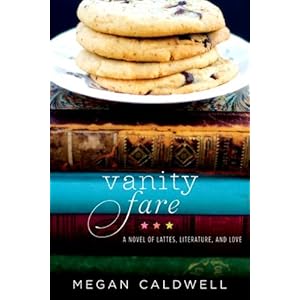 Vanity Fare by Megan Caldwell. The book is being released by William Morrow on Dec. 26, 2012.
Vanity Fare by Megan Caldwell. The book is being released by William Morrow on Dec. 26, 2012.
.jpg)




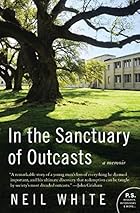
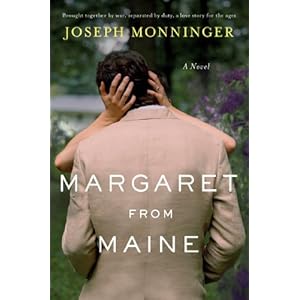

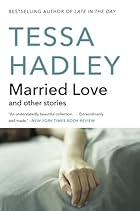
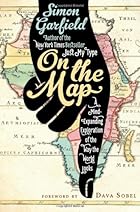
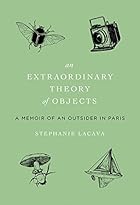



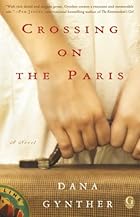



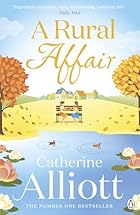



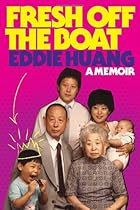




.jpg)









